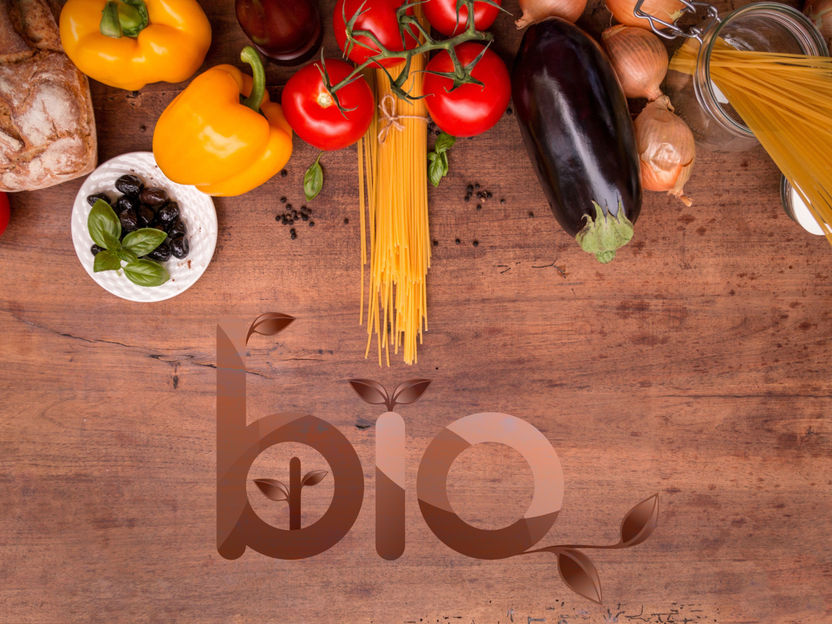Prices of ethically labelled food and drink are biggest barrier to purchase
With food prices rising across much of Europe*, a new study from Mintel shows that higher prices for ethically produced food and drink** are proven to be the biggest barrier to purchase for European consumers.

pixabay
French consumers are most likely to be put off by high prices when buying ethically labelled food and drink, such as those that claim Fairtrade, organic and/or free-range. In France, 42% of consumers who do not buy ethically labelled food or drink say they find these products too expensive. This is agreed by 37% each of Spanish and Polish consumers. But price also plays an important role among German consumers. Young shoppers aged between 16 and 34 in particular shy away from the higher prices of such products (41% of German respondents in this age group). In comparison, just over a third (34 %) of all German consumers say that they do not buy ethically labelled food or drinks because of the price.
According to Mintel, more transparency could increase sales. Just under three in five French (57%) and over half of German (54%) consumers say that more transparency, such as a price breakdown, would encourage them to buy ethically labelled food and drink more often.
The importance of a brand's ethics is confirmed by the fact that more than a third of German consumers (33%) say they no longer buy products from food or drink companies that act unethically. This proportion rises to 41 % among French consumers and even 46 % among Spaniards.
Furthermore, European consumers agree that a clearer indication of where the surcharges for certified products go would make them more likely to buy ethical food and drink. In Germany, 54 percent of consumers agree with this, in Poland 64 percent and in Italy 69 percent.
Katya Witham, Global Food and Drink Analyst at Mintel, comments:
"The higher prices, given the high inflation this year, could see brands take a hit as consumers are more likely to limit their spending to buying staples or revert to own label. Given the current economic climate, they are adjusting their expectations and looking for facts and information to justify the higher prices of ethical food and drink.
Focusing on broader brand values, such as higher social standards for employees and suppliers or support for regional economies, could be more persuasive to consumers about the often higher prices of ethical food and drink - even in the more challenging times that may lie ahead. These commitments should be communicated in a transparent, credible and measurable way."
Note: This article has been translated using a computer system without human intervention. LUMITOS offers these automatic translations to present a wider range of current news. Since this article has been translated with automatic translation, it is possible that it contains errors in vocabulary, syntax or grammar. The original article in German can be found here.
Most read news
Other news from the department business & finance

Get the food & beverage industry in your inbox
By submitting this form you agree that LUMITOS AG will send you the newsletter(s) selected above by email. Your data will not be passed on to third parties. Your data will be stored and processed in accordance with our data protection regulations. LUMITOS may contact you by email for the purpose of advertising or market and opinion surveys. You can revoke your consent at any time without giving reasons to LUMITOS AG, Ernst-Augustin-Str. 2, 12489 Berlin, Germany or by e-mail at revoke@lumitos.com with effect for the future. In addition, each email contains a link to unsubscribe from the corresponding newsletter.
Most read news
More news from our other portals
Last viewed contents
Do Better Together : New features for increasing food safety and Industry 4.0
Coca-Cola Inks Definitive Agreement With Great Lakes Coca-Cola Distribution

HCC warns red meat industry changes “inevitable” whatever Brexit talks outcome

Creating the leading Food Ingredients Distributor in the North American market - Brenntag to acquire JM Swank

RECKE Fleischwaren-Spezialitäten Vertriebs GmbH & Co.KG Zentrale und Auslieferungslager - Berlin, Germany

McDonald’s seems to be focusing on kids in lower-middle income countries, social media posts suggest - More Instagram posts, price promotions, and child-friendly marketing than for wealthier countries May worsen existing healthcare issues in some of the world’s most vulnerable countries

Nespresso, pioneer of premium single-serve coffee, unveils new range of home compostable coffee capsules





























































